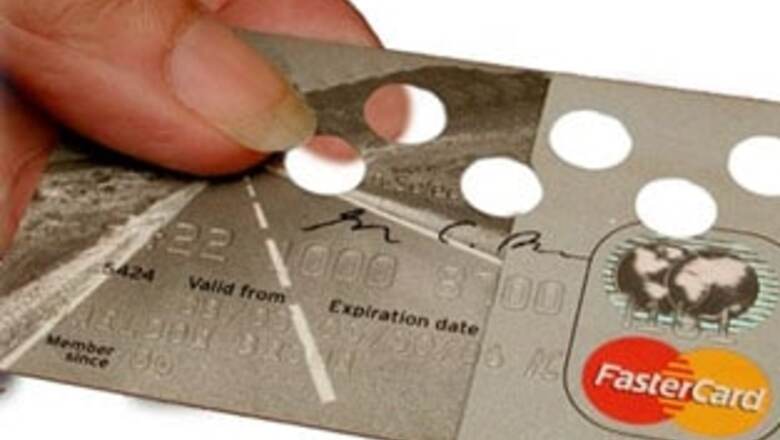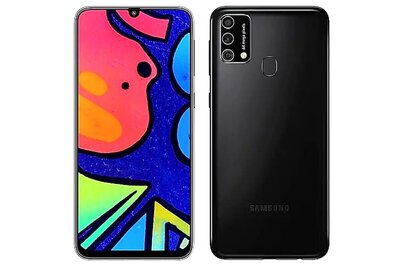
views
Rupam, who works in Bangalore, is young and carefree. On weekends, he parties, shops and paints the city red. However, this weekend was a bit different. Rupam went overboard and swiped his credit card in malls and eateries for approximately Rs 10,000. Unfortunately for him, he had no idea how a credit card works and that’s where the problem usually begins for everyone.
At the end of the month, Rupam got the credit card statement. He went pale with shock; he was staring at a credit card statement of Rs 25,000 due on his card. He had no idea when and how that happened.
Could it have been a case of fraud? Perhaps! All a fraudster needs to know is your credit card number, security code or CVV and the expiry date. Now, that isn’t difficult to get hold of because we handover our credit card for swiping all the time. Most of these fraudulent transactions happen online. To find remedy, consumers, who have been defrauded, go to the banking ombudsman or the consumer court, but that’s a tedious and a long battle.
There’s a solution!
First step: The Reserve Bank of India (RBI), in February 2009, has directed all banks to send a notification (without any charges) of any transaction made above Rs 5,000 to customers. This notification could be made through SMS or email.
How does this notification help? It helps in taking swift action when the customer realises fraudulent transactions made on his credit card.
Second step: The RBI has also asked the banks to provide for additional authentication from August 1, 2009 to deter fraudulent online transactions. This feature is over and above what is currently required (which are card number, CVV and expiry date).
The RBI has made providing additional security measures mandatory w.e.f August 2009. Although, they have made it mandatory, the RBI hasn’t given specific directions for implementation to banks. They have given banks a free reign to decide the course of action. Hence, customers could have additional security measures such as password, key or code to complete an online transaction.
So how are banks providing additional security for your card?
Currently, most banks provide you two pin mailers -- for Internet banking and ATM usage. The Internet banking pin mailer will have your user id and password details. When you make a transaction online, it'll ask for your user id and password. Though, this feature is one of the secure modes of making transaction online, banks haven't made this feature mandatory. However, with the RBI's new requirement of additional security, you can expect most banks to make this feature regular.
Of course, few of the Indian banks already have similar features of additional security. MasterCard and Visa have an additional security measure which is popularly known as ‘3-D Secure’. It increases security on internet payments.
What is 3-D secure code?
Every time you pay online at participating retailers, you will be automatically prompted to enter your own private SecureCode - just like entering a PIN at the ATM.
MasterCard has ‘MasterCard SecureCode’ which asks for SecureCode to complete the online transaction. Visa has ‘Verified by Visa’ which requires customer’s information and password for basic authentications.
One more password, but worth it!
With the introduction of new security feature, credit card holders will need to remember and use one more password / code but it will reduce the number of fraudulent cases online.
This will not only save customers from online frauds but also save banks from unnecessary hassle of consumer problems and court cases.
What do YOU do with your money? Where do YOU invest? Share your story with us. Mail us at [email protected] mentioning your name, age, profession and the city you reside in. We would love to hear from you!
Disclaimer: While we have made efforts to ensure the accuracy of our content (consisting of articles and information), neither this website nor the author shall be held responsible for any losses/ incidents suffered by people accessing, using or is supplied with the content.




















Comments
0 comment